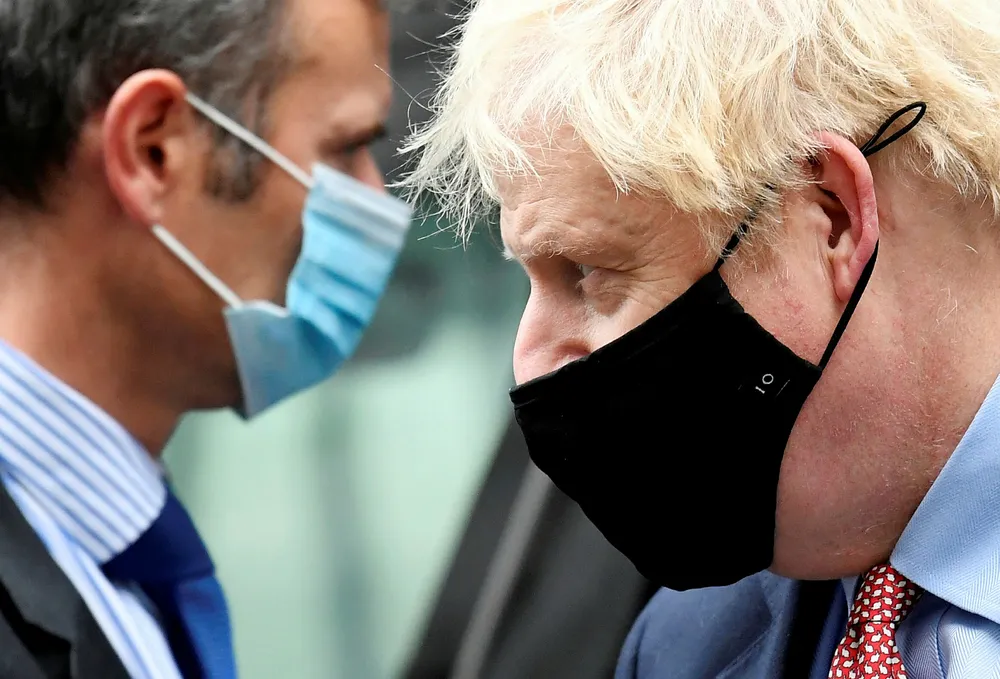UK pledges cash for ‘supply chain evolution’ amid low carbon expansion push
Industry welcomes move by government to ‘build back greener’ amid aspirations to lead in both carbon capture and storage and hydrogen

Industry welcomes move by government to ‘build back greener’ amid aspirations to lead in both carbon capture and storage and hydrogen
